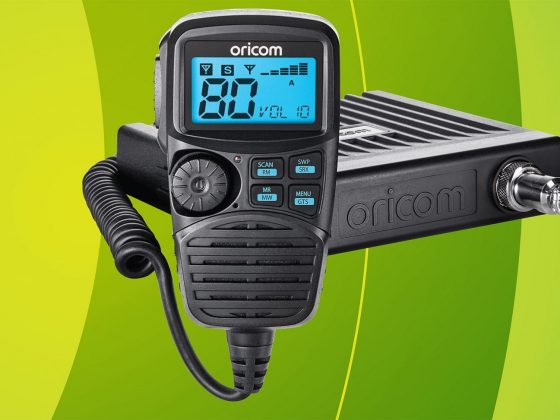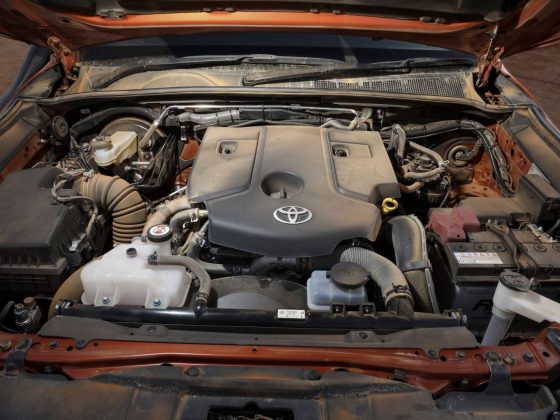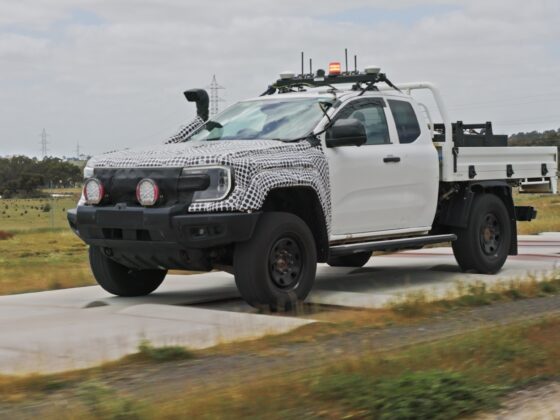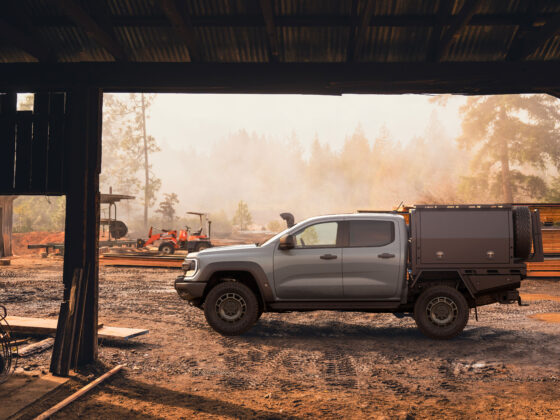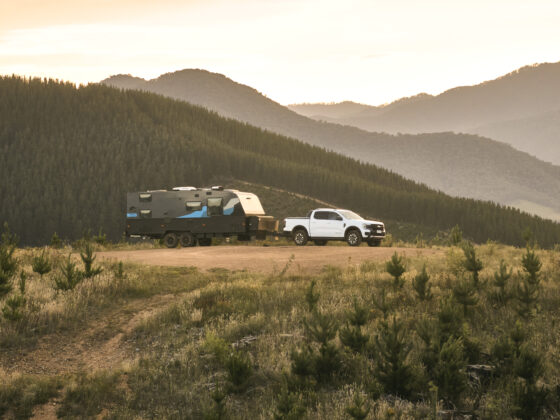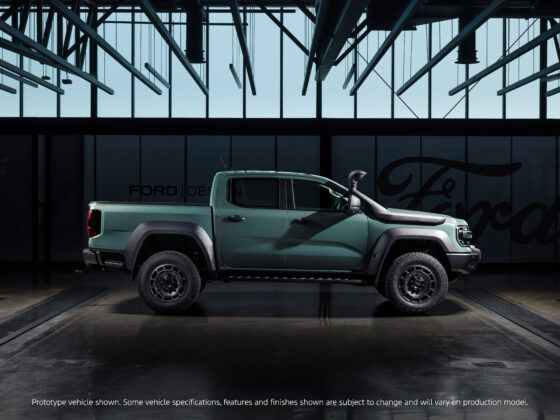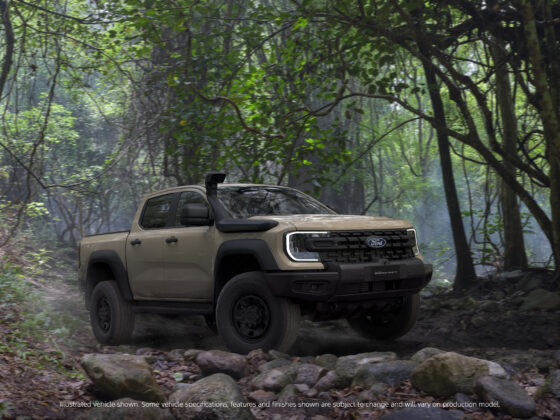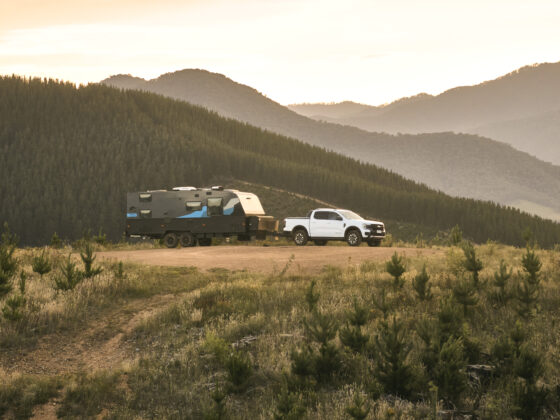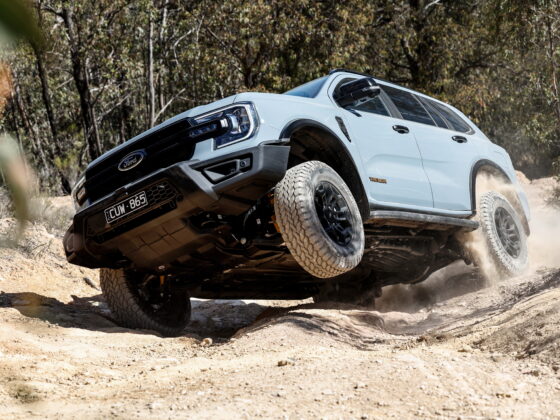There’s a new thing in car insurance and you could will soon be part of it: Usage-Based Insurance (UBI), sometimes called Black Box Insurance.
Sounds vanilla enough, you pay for insurance for the amount you use the car. For those of us with a daily driver as well as the 4WD, it has the potential to drop premiums right down.
Check out the data collected:
- Speed – Exceeding the speed limit will show a high risk red flag
- Car Mileage – an obvious one-the less you drive the safer for the car
- Braking – Sudden and heavy braking applications are signs of poor driving habits
- Cornering – taking corners in a controlled manner is best
- Steering – smooth is less risky than jerky steering
- Fatigue – length of trip without breaks
- Time of driving – night time is considered riskier than daytime driving
Formerly, data used was broad stereotypical basics such as age, gender, what kind of car your drive and where you live-and for many that data costs us due to other, less sensible (or just unlucky?) drivers sharing the same categories.
UBI can take you out of a stiff category and give you a better (or worse) rating.
What does this have to do with 4WDers? Sure, with older 4X4s the speeds are usually slow, acceleration glacial, steering vague and brakes effective only if you’re strong enough but the sudden lurching side to side, front to back and all the body roll when crossing eroded sections of track or rock crawling are bound to confuse the gyroscopic data algorithms somewhat. Recent 4X4s are some of the quickest to drive on the road due not just to vehicle performance but due to forward visibility and confidence inspiring safety.
Most don’t yet collect location data, but it’s only a matter of time. How many of us have it in writing that our insurance covers us off-road, including specifically non-gazetted roads? Most only cover gazetted roads.
…and how often do tracks deviate from the gazetted road? Here’s an instance where the road wasn’t where it should have been which could cost you an insurance pay-out.
Or is this fear unfounded?
What’s the tech involved?
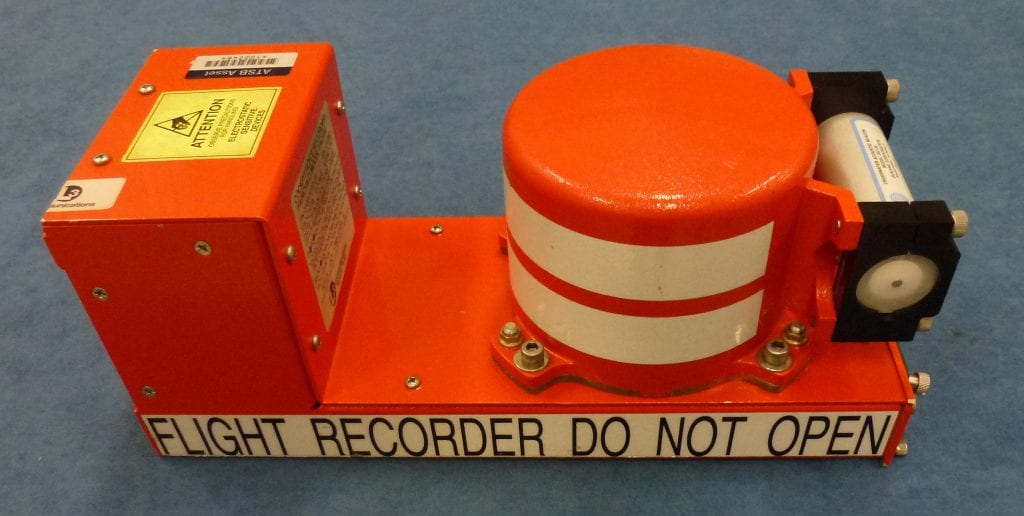
There’s a few types of UBI ‘in the works’. The cheapest for insurance companies to implement, and AAMI’s Safe Driver App is an example, uses a mobile phone app to record and report data. Mitsubishi also have such a system in Japan with rewards of cheaper servicing and free coffee if you allow your data to be collected-and Mitsubishi shares this data directly with insurance companies. How’s that for customer privacy.
Mobile phone app-based data collection would be great for bus commuters. Turn it on for a few bus trips and switch it off when recklessly driving your own car.
The next data collection method is using a car’s OBD-II (On-Board Diagnostics) port, either with Bluetooth to the driver’s phone app, or with its own 3G or 4G data transmission. This has been trialled by QBE Insurance-their ‘Insurance Box’ scheme.
The final method, and that already used by many car hire companies and car/truck fleets, is a hardwired stand-alone ‘Black Box’ style unit with GPS for location and 3G/4G connectivity to send information back to base.
Other Uses
In the UK, there is a very bad problem with vehicle theft of Land Rovers, and many owners fit their own GPS based vehicle tracker with 3G/4G connectivity. This can be used to trace stolen vehicles…or to let family members or mates track your trip and help co-ordinate rescue trips when your CV joint goes bang, you’re in a boghole and your winch fails, all at once. You can buy them in Australia too, retailing for a few hundred dollars.

One Nation Under CCTV?
As graffiti artist Banksy implied, we’re being watched whether we like it or not. Before long the move will be for the car manufacturing industry to have data collectors built in to the vehicle, so we’re unlikely to escape it, unless you think wearing a tin-foil hat will help. With the range of peripheral sensors on cars now, the potential for data about bad habits such as tailgating, driving close to cyclists or parked cars, or wandering all over the lane to be collected is massive.
There is harsh privacy laws regarding tracking devices, so read-up before fitting them to your work ute!
Time to break those bad driving habits or prepare to pay up!
Would you install a vehicle tracker for cheaper insurance? Tell us in the comments below.




